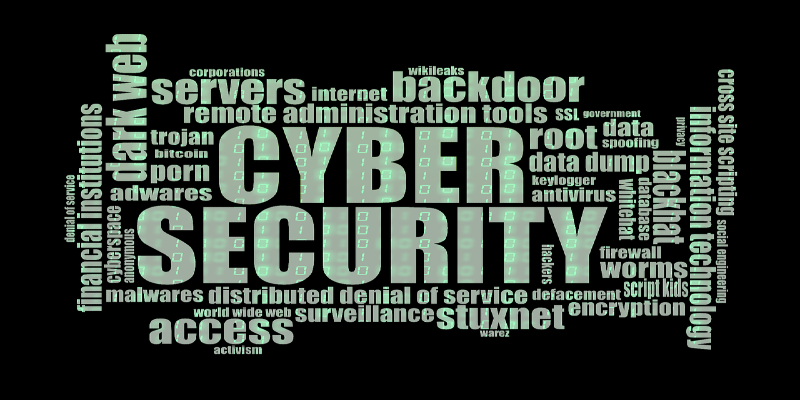Cyber incidents top the ratings for the most critical business risks in 2022. To be able to respond to them immediately and protect businesses more effectively, it is important to study the malware code and understand how it works. This is the main task for a reverse engineer – a professional with solid knowledge of theory and tools, who can even deal with a heavily obfuscated code written in any programming language.
‘Reverse Engineering 101’ is a prequel to the ‘Targeted Malware Reverse Engineering’ training, a higher-level course already available in the Kaspersky Expert Training portfolio.
The course covers both theoretical fundamentals and practical reverse engineering cases. Starting from the basic concepts, learners gradually move through Intel assembly instructions, distinctive calling conventions and memory types, executable analysis and more, to finally reverse ‘real’ malware and solidify their knowledge and skills.
The well-structured videos and lots of practice on proprietary code snippets available in a dedicated GitHub repository provide effective learning. The on-demand online format allows companies to improve the skills of their staff without interrupting their work.
It will be valuable for IT professionals seeking to develop their reverse engineering potential and prepare themselves for more advanced steps, as well as for companies and cybersecurity consultancies that need to train their team in relevant practical skills.
“Reverse-engineering is traditionally regarded as a very difficult skill to master, especially for beginners in the cybersecurity field. We designed this course with the hope of addressing this gap, so that participants would be able to get acquainted with this subject with no prerequisites beyond having some basic software development knowledge. Reverse Engineering 101 contains all the required theory, but at its core aims at providing practical experience first and foremost. We hope it helps many talented individuals join the cybersecurity ecosystem!”, comments Ivan Kwiatkowski, Senior Security Researcher







